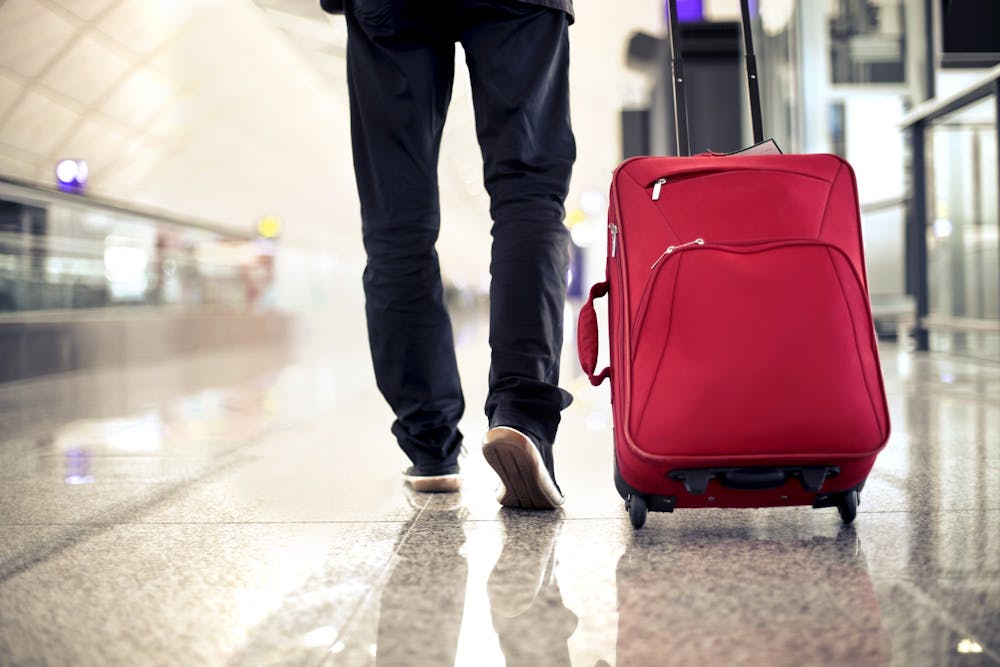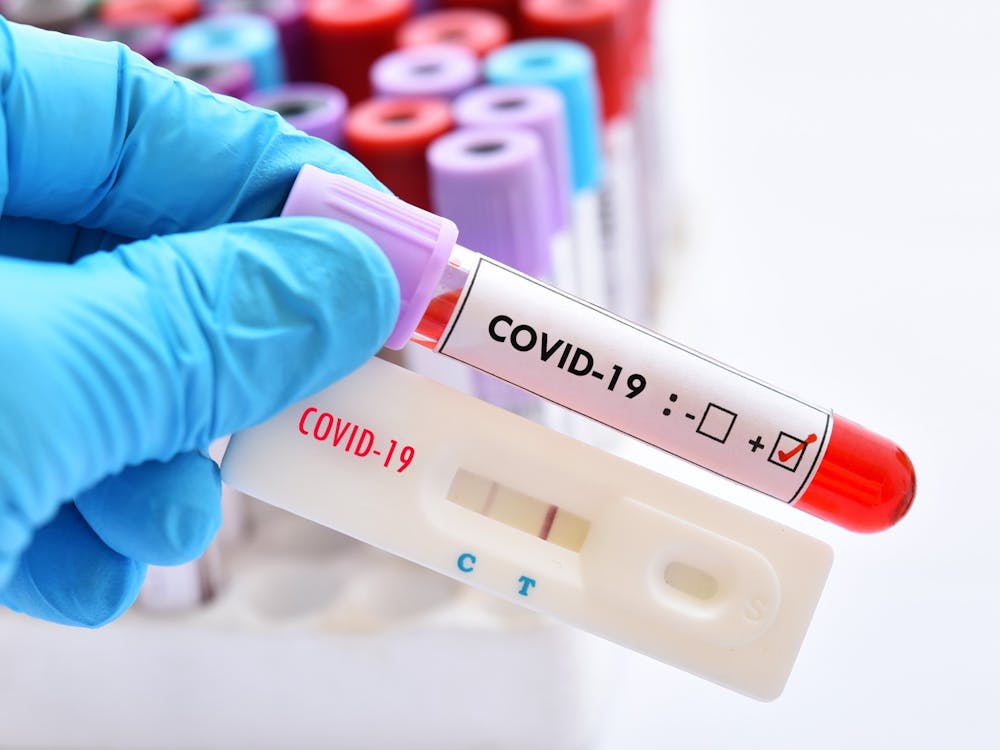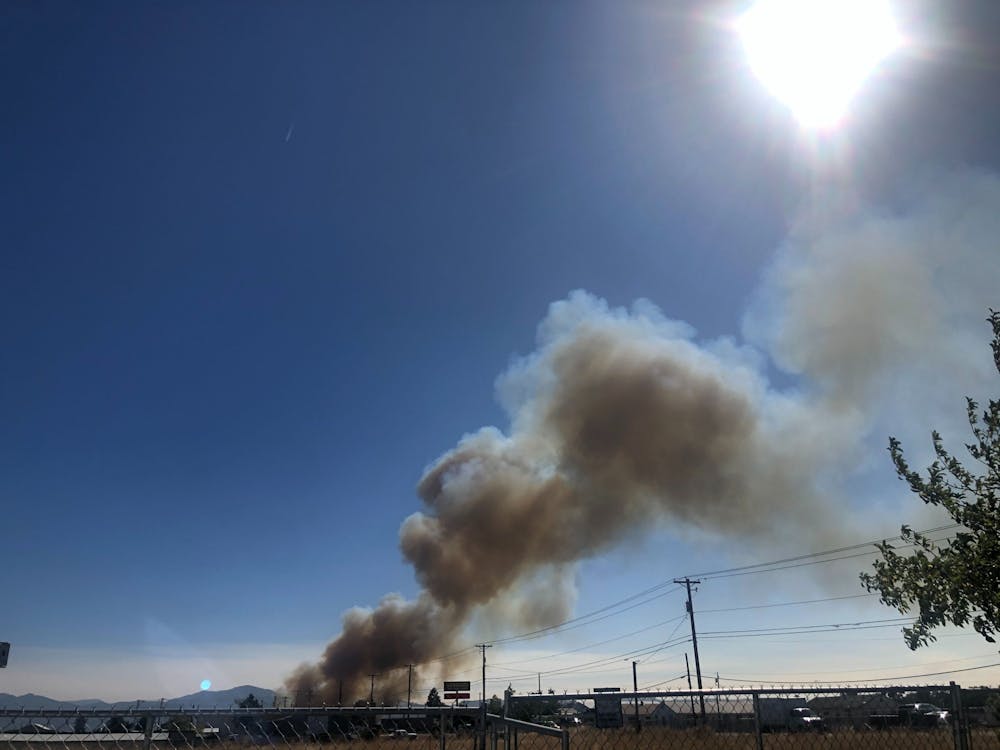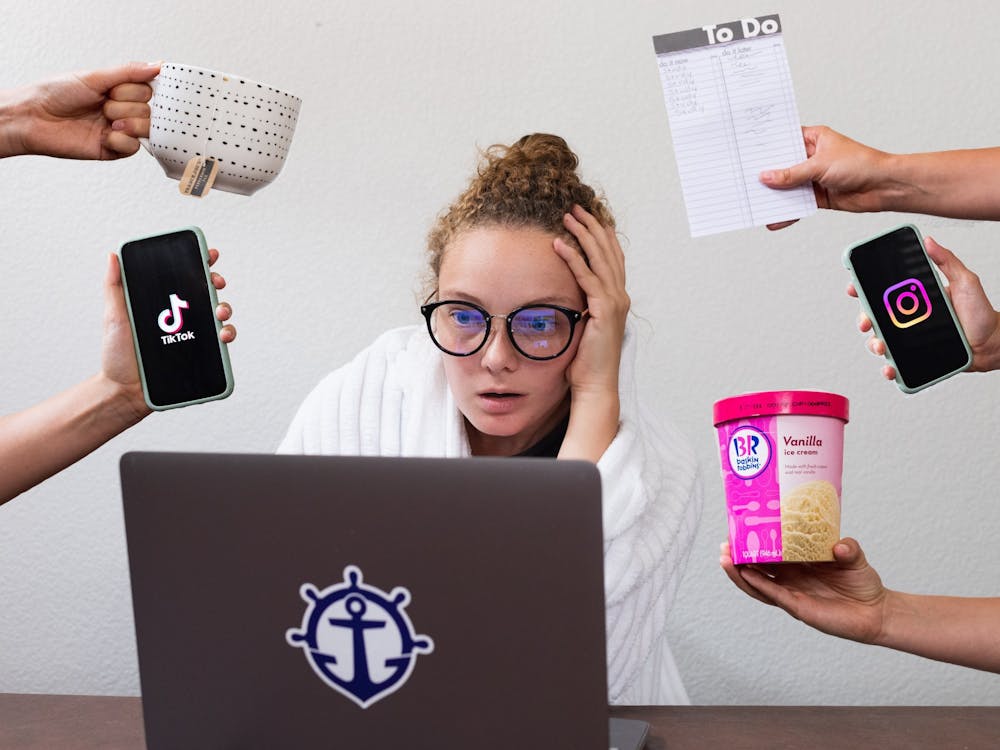Travel, even during the best of times, can be confusing and difficult. Airports may not be as busy as they used to be, but that doesn’t mean air travel is suddenly a piece of cake either. If you plan to travel by air over fall break, there are some things you will want to do to keep you and those around you safe.
The CDC recommends staying home, as travelling increases your chances of contracting or spreading COVID-19. Don’t travel if you are sick or have been around someone who is sick. Be aware of potential disruptions, such as travel restrictions and flight cancellations.
Airlines including Southwest, Delta, Alaska, United, American and many others have information posted about travel restrictions, cancellations and guidelines. Verifying the information you have with websites like these will ensure your plans are not only still viable, but safe as well.
Airlines have implemented social distancing guidelines in their terminals and on flights. Most have changed the boarding process to a lower density version, prohibited booking middle seats, and suspended drink service.
Most viruses and germs don’t spread well on airplanes themselves, but crowded security checkpoints and plane cabins can bring you within six feet of other people, increasing the risk of getting COVID-19. Consider other types of travel: do you have to fly? Is it possible to drive that distance instead?
Bus and train travel, similar to planes, can bring you within six feet of other passengers, usually for prolonged periods of time. Car and RV travel typically require stops for gas, food and bathroom breaks, all of which can put you and your travel buddies at risk of getting COVID-19.
Before travelling, consider the conditions at your destination. Some cities and counties have different restrictions than state-wide mandates. Be aware of case numbers, are they on the rise? If so, your chances of contracting and spreading the virus are higher in those locations. The CDC has a case tracker for various locations throughout the country. Many cities will require that you have a negative COVID test within 96 hours prior to your flight, so research and plan accordingly.
When preparing for your trip, pack extra masks. Download your preferred airline’s mobile app, so you have access to a digital boarding pass. This allows you to limit your contact with other people at the airport.
If you do travel, wear a mask. Keep your nose and mouth covered when in public. Cover coughs and sneezes. Keep a safe distance of at least six feet. Wash your hands often—airports are high traffic areas and can spread diseases even when the world isn’t in the midst of a global pandemic. Avoid touching your eyes, nose, and mouth.
Carrying hand sanitizer with you is helpful if you can’t access a bathroom to wash your hands. The Transportation Security Administration allows 3.4 oz containers in carry on bags. The CDC recommends any hand sanitizer that is at least 60% alcohol. Wet wipes are helpful to wipe down any high traffic surfaces before you touch them.
There are a number of things to do when you return home. The CDC recommends quarantining for a period of 14 days after you return. Avoid contact with sensitive groups, who may be at an increased health risk due to the pandemic. Wash all the clothes you took on the trip. You may want to get tested at a local testing center. If you are located in Portland, the Health and Counselling Center is offering testing.
The most important thing is to be aware. Pay attention to how you are feeling. Do you have any of the symptoms of COVID-19? Pay attention to where it is you are going and who you are with. If you feel sick prior to departure, the safest option is to stay home. Some airlines offer refundable tickets, but check with your preferred option for more information. Optimize your behavior so you and those around you are safe and healthy, and enjoy your trip!
Will Mulligan is a reporter for the Beacon. He can be reached at mulligan22@up.edu.








